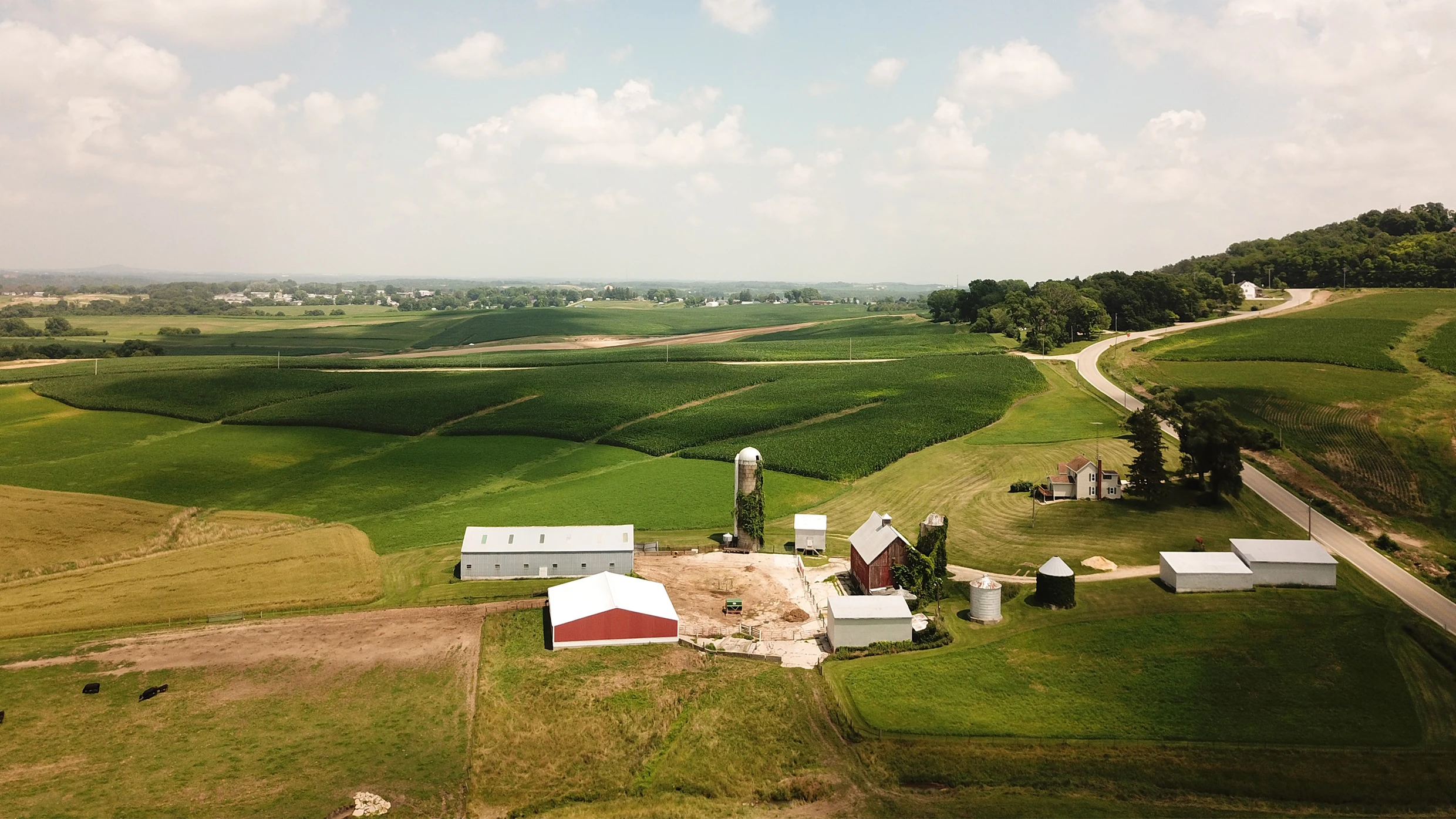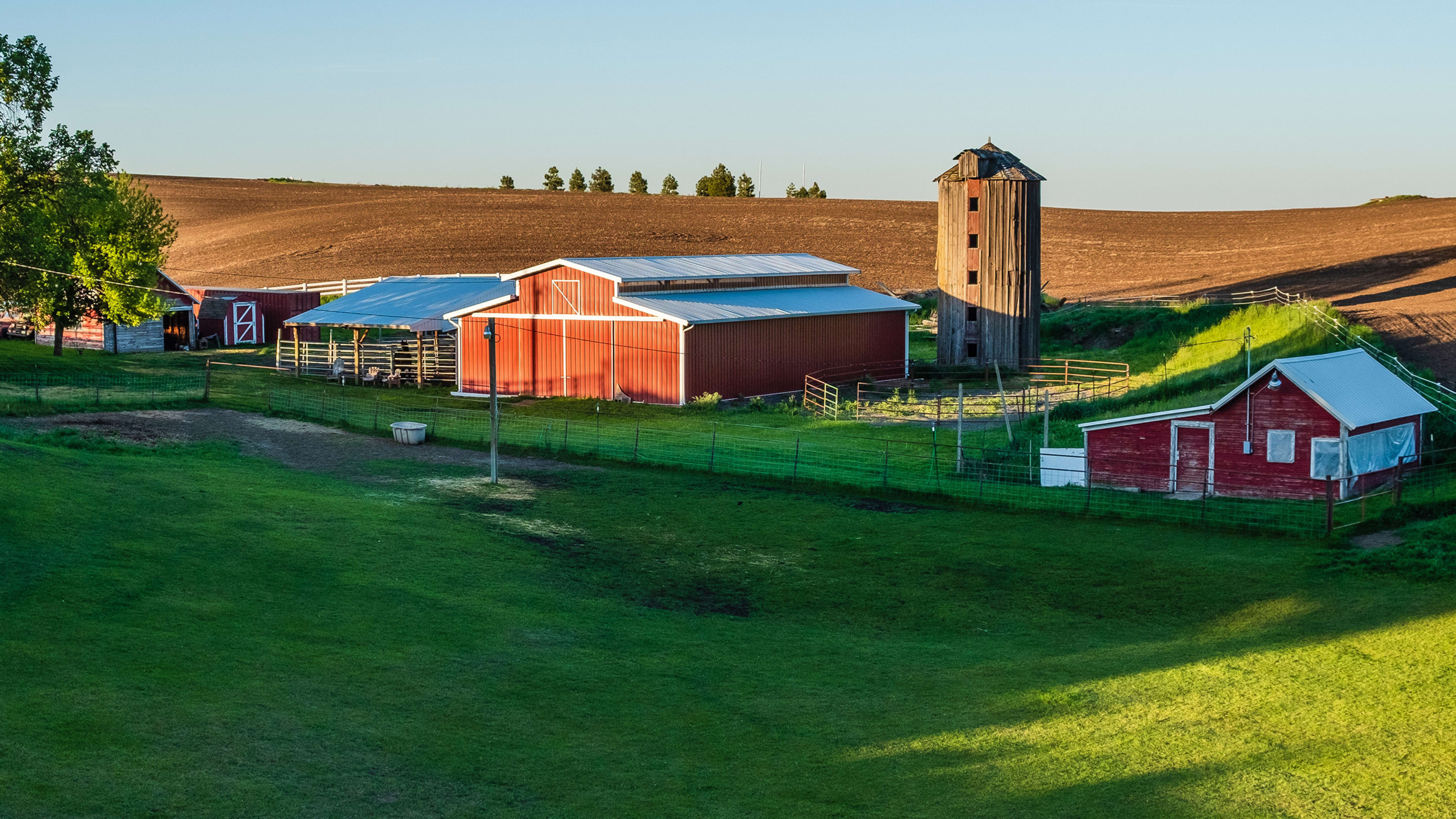On Tuesday, October 1, U.S. Agriculture Secretary Sonny Perdue made a grave statement about the lifespan of the country’s small dairy farms. “In America, the big get bigger and the small go out,” Perdue said after attending the World Dairy Expo in Madison, Wisconsin. This extends to all types of small farming enterprises in the U.S., from fruit and vegetable to grain and livestock, which struggle to make ends meet.
“Almost all of the funding from agriculture comes through government policy [and] direct lending, either through the government or bank programs, and those programs aren’t flexible enough for the smaller, sustainable farms,” says Dan Miller, founder and CEO of Steward, a new online crowdfunding platform where individual investors can put money into modest, regenerative farms—and eventually get a return on their investment.
So far, Steward has invested more than $2.2 million across 16 different farms, mostly in the U.S. (though one is a vineyard located in Switzerland). Anyone in the U.S. can invest as little as $100 via an SEC regulated process in what is currently the Steward Farm Trust, a portfolio of loans made to the 16 farmers using Steward. Those who put money into the trust will receive dividends paid from the interest payments on those farmers’ loans. “Shortly, we’re going to roll out individual investments, so people will be able to invest directly in a single farm,” says Miller.
Individual investments so far have ranged from the $100 minimum (from “the millennial customer who sees it online,” says Miller) to the more “traditional” investors, who provide as much as $500,000. Investors come from all over the U.S., says Miller, from San Diego, California, to Lawrence, Kansas.

Miller initially got the idea for Steward while working on real estate development projects in Washington, D.C. “We were buying buildings, renovating them, and leasing to chefs,” he says. “A lot of those chefs were younger chefs who were sourcing direct from farmers.” Miller ended up meeting some of those farmers and learning how difficult it was for them to access funding—even when their premium products were largely prized and in demand from local chefs and consumers.
One of those farms is Beiler’s Heritage Acres, a certified organic grain and dairy farm run by Amish farmer Omar Beiler in Lancaster County, Pennsylvania. His farm spans 110 acres (just under half of which he owns), and its produce winds up in multiple restaurants, including the James Beard award-winning Woodberry Kitchen in Baltimore.
Small dairy farms, as Agriculture Secretary Perdue pointed out, have been struggling financially. “Prices have dropped, and there’s been an oversupply,” says Miller. “So we funded that farmer to buy . . . processing equipment, so that he could make butter and cream and sell that to the restaurant.” Steward’s loan amount to Beiler is $150,000.
Others farms Steward provides loans for include a one-acre urban farm in Detroit, a sustainable livestock farm in Louisiana, and a hemp farm in Oregon. In order to qualify for Steward loans, farms just have to be “sustainable and regenerative,” both ecologically and in terms of how they operate their business—they need to be able to support themselves independently.
Though Steward-supported farms are mostly located in the U.S., Miller has plans to expand abroad. “As we’ve tested the model and marketed in other countries, there’s been a lot of demand and interest,” he says. “It’s heartening that there’s so many people doing this good work, but it also means there’s obviously a big gap for funding and much need for that capital.”
Recognize your brand’s excellence by applying to this year’s Brands That Matter Awards before the early-rate deadline, May 3.
